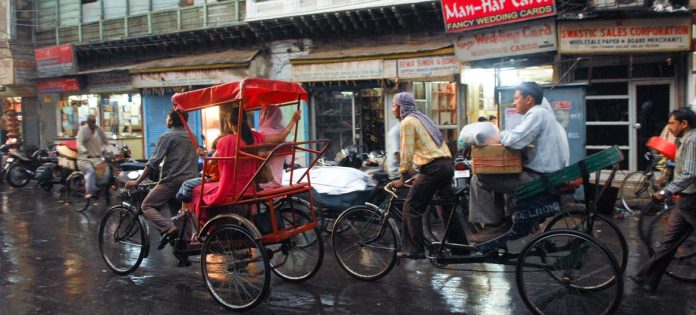Billions around the globe are grappling with economic instability, conflict, and climate shocks, leading to widespread fear over job security and a collapse in trust toward institutions and each other, according to the World Social Report 2025, launched by the United Nations on Thursday.
Despite advances in education, longevity, and connectivity, many people believe life today is worse than it was 50 years ago, with close to 60% of those surveyed reporting that they are “struggling” and 12% describing themselves as “suffering.”
Key Findings of the Report
Economic Insecurity Across All Income Levels
- Job instability is now a global issue, not confined to low-income regions. Even in wealthier nations, the rise of gig work and digital transitions has led to precarious, low-security jobs.
- Informal employment remains dominant in many middle- and low-income countries, offering little to no safety nets like healthcare, pensions, or job protections.
- Over 2.8 billion people live on less than $6.85 per day, meaning even minor financial shocks can trigger a return to extreme poverty.
Impact of Climate Change and Conflict
- Climate disasters and armed conflicts are undermining local economies, deepening inequality, and further destabilizing job markets—especially in the developing world.
Collapse of Trust in Institutions and Society
The report paints a bleak picture of waning trust globally:
- 57% of the world’s population now expresses low confidence in their governments.
- Among young people—those born after 2000—trust levels are even lower, raising serious concerns about future civic engagement and political stability.
- Only 30% of people in surveyed countries believe that most others can be trusted.
The report also links the rise of misinformation and disinformation, exacerbated by social media algorithms, to further division, radicalization, and the erosion of public trust.
“The spread of misinformation, facilitated by digital technologies, is reinforcing divisions and fuelling distrust,” the report warns.
A Call for Bold Policy Reforms
To reverse these dangerous trends, the UN report calls for ambitious and equity-driven policy actions, emphasizing:
- Investment in public services such as education, healthcare, housing, and social protection.
- Strengthening inclusive, accountable institutions to rebuild public trust.
- Redistributing wealth and power, reducing the extreme concentration of resources at the top of societies.
“These investments are not optional—they are essential for promoting resilience and inclusive growth,” the report stresses.
A Collective Response to Global Challenges
Ahead of the Second World Summit for Social Development in Doha this November, the UN underscores the urgency of collective action.
In a foreword to the report, UN Secretary-General António Guterres called for decisive leadership:
“The global challenges we face demand collective solutions. Now more than ever, we must strengthen our resolve to come together and build a world that is more just, secure, resilient, and united for each and every one of us.”
For continued coverage of the World Social Report 2025, major global summits, and efforts to tackle inequality, insecurity, and climate change, stay connected to our platform. We bring you trusted insights into how today’s challenges can be met with bold, collaborative action.




